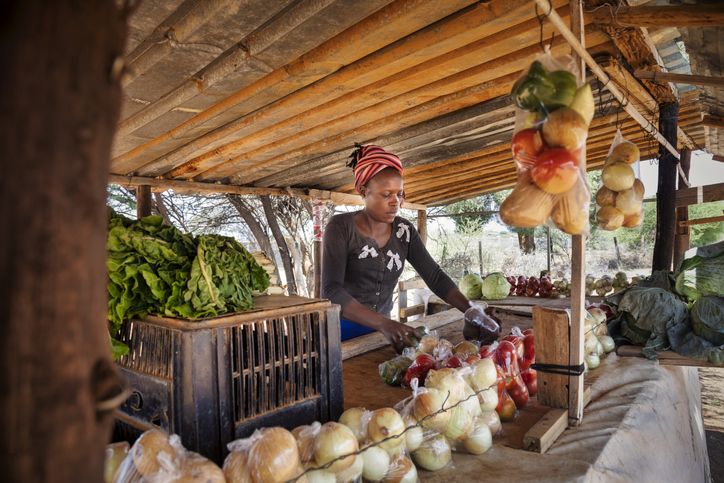ProXalys, a B2B e-commerce solution modernizing supply chain processes in Senegal, has raised $150,000 in a pre-seed round.
- The round was led by Haskè Ventures, a VC firm focused on French-speaking Africa.
- The funds will be used for building out ProXalys’ physical infrastructure, such as warehousing and logistics, as well as for tech development.
Founded in 2021 with the aim of modernizing agrifood supply chain processes in the informal service sector, ProXalys wants to expand not only in Dakar but to other cities in Senegal and eventually other Francophone African countries.
Why it matters:
From the outset, ProXalys has been focused on reviving Senegal’s agricultural value chain by boosting linkages between producers and informal retailers. According to Haskè Ventures, there are around 100 billion francs ($150 million) in post-harvest losses each year in Senegal due to a lack of market access for farmers.
“Since the beginning, we have distributed agricultural products to the informal retailers with a focus on local onions, local potatoes, and local rice from the north of Senegal. After three months of operations, we included [fast-moving consumer goods],” said ProXalys founder Thierno Sakho.
How it works:
ProXalys’ solution mainly targets informal retailers but also serves some formal players in hospitality. Its supply chain logistics management system offers inventory, warehousing, transportation, and delivery services.
This, alongside its order taking application and IT platform, enables informal retailers to manage their processes while simultaneously capturing financial data in realtime.
Competitive landscape:
Senegal has several retail tech startups serving as intermediaries in various sectors:
- SEN EcoloMarket helps buyers find various types of recyclable waste.
- QualityFood provides market linkage for fresh agricultural produce.
The big picture:
Informal commerce is at the heart of Africa’s economy and it far outstrips the formal sector in size.
- Small informal businesses make up more than 97% of all private businesses in much of Francophone Africa.
- Around 86% of employment across the entire continent is informal.
- In Senegal specifically, the informal sector accounts for 90% of the economy.
However, underdeveloped, traditional supply chains leave informal retailers disadvantaged and particularly vulnerable to competition from larger companies with established supply and procurement processes.
These existing systems also crumble in the face of modern challenges; the Covid-19 pandemic showed that traditional supply chains were hindered by lockdowns and movement restrictions, making goods distribution even more difficult for retailers.





